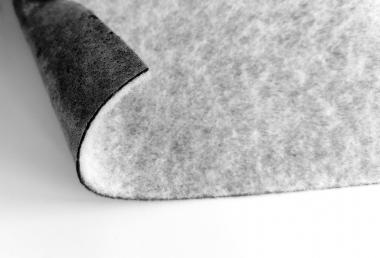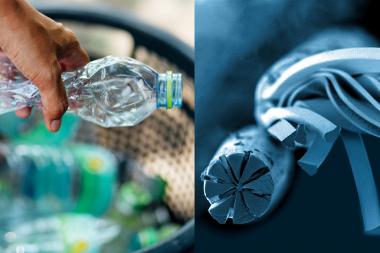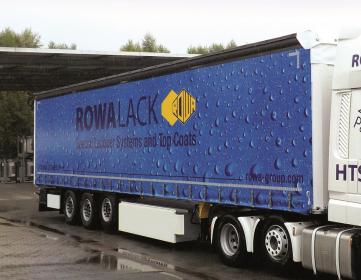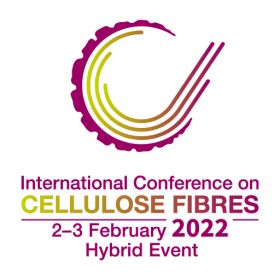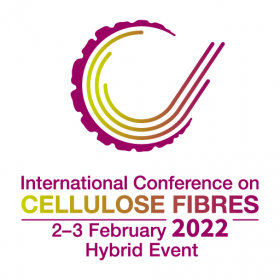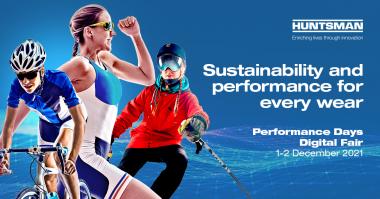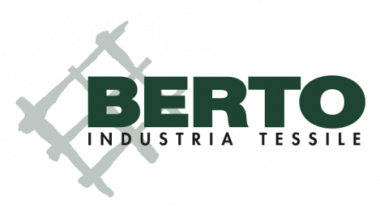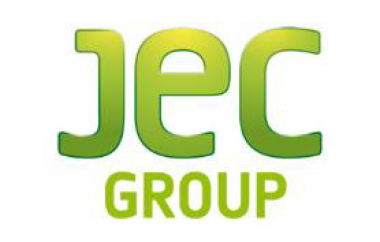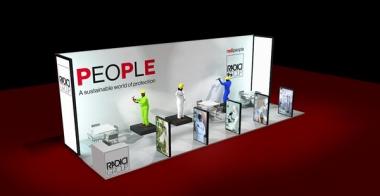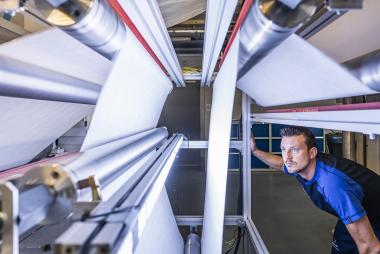Freudenberg Experts meet Sustainability
Following their merger, Freudenberg Performance Materials, Low & Bonar, Mehler Texnologies® and Filc will be presenting their innovative solutions at a joint stand for the first time at this year’s techtextil exhibition in Frankfurt. The focus is on sustainability. Among the highlights are Evolon® RE, a microfilament textile for a wide variety of applications and markets, FILFLEX, a sustainable padding material for car seat covers, and the truck tarpaulin POLYMAR® 8556 ECO CF. Customers will find the world's leading manufacturer of technical textiles at Stand C51 in Hall 12.1.
Evolon® textiles made from recycled PET
With Evolon® RE, Freudenberg Performance Materials is presenting an even more sustainable version of its high-performance microfilament textiles. Evolon® RE is manufactured from an average of 70% recycled polyester, which the company makes by cycling post-consumer PET bottles in-house. Evolon® RE products are available for various applications such as technical packaging, in weights currently ranging from 80g/sqm to 300g/sqm. For high-tech wiping, lightweight Evolon® RE is now available starting from 30g/sqm. The material meets the needs of cleaning specialists for more sustainable wiping solutions. Evolon® RE offers the same high quality and material performance as all other Evolon® textiles.
Tarpaulins made from recycled raw materials presented by Mehler Texnologies®
When it comes to tarpaulins on trucks, both protection of the transport cargo and advertising for the transport company place high demands on the material. Mehler Texnologies® tarpaulin material ranks among the premium products for truck tarpaulins. The company is a pioneer in sustainable development and is showcasing POLYMAR® 8556 ECO CF. This unique material has a 25% share of recycled raw materials in the coating mass. In addition, the material is made with 100% R-PES yarns. The input materials undergo a complex separation and filtering process.
Sustainable padding material for automotive and furniture seat covers presented by FILC
FILFLEX is a soft and flexible padding layer made from nonwovens for automotive and furniture seat covers. It prevents leather from creasing and improves the dimensional stability of the seat covers. In terms of sustainability, its benefit is its 100% PET composition, making FILFLEX easy to recycle. FILFLEX offers customers easier handling during sewing and the seat covering process. End users benefit from the high seating comfort.
Freudenberg Performance Materials Mehler Texnologies® Filc Evolon Sustainability Recycling
Freudenberg Performance Materials Holding SE & Co. KG


